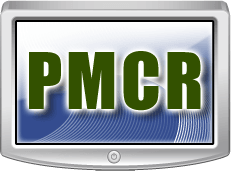Code of Ethics – Council of Pakistan Newspaper Editors (CPNE)
The Code of Ethics of the Council of Pakistan Newspaper Editors (CPNE): 1. The Press shall avoid biased reporting or publication of unverified material, and avoid the expression of comments and conjecture as established fact. Generalization based on the behavior of an individual or small number of individuals will be termed unethical. 2. The Press while publishing findings of opinion polls and surveys shall indicate the number of people, geographical area on which the polls and surveys were conducted and the identity of poll sponsor. 3. Any kind of privilege or inducement, financial or otherwise, which is likely to create
